David Edmonds - Bobby Fischer Goes to War: How the Soviets Lost the Most Extraordinary Chess Match of All Time
Here you can read online David Edmonds - Bobby Fischer Goes to War: How the Soviets Lost the Most Extraordinary Chess Match of All Time full text of the book (entire story) in english for free. Download pdf and epub, get meaning, cover and reviews about this ebook. year: 2004, publisher: Ecco, genre: Non-fiction. Description of the work, (preface) as well as reviews are available. Best literature library LitArk.com created for fans of good reading and offers a wide selection of genres:
Romance novel
Science fiction
Adventure
Detective
Science
History
Home and family
Prose
Art
Politics
Computer
Non-fiction
Religion
Business
Children
Humor
Choose a favorite category and find really read worthwhile books. Enjoy immersion in the world of imagination, feel the emotions of the characters or learn something new for yourself, make an fascinating discovery.

- Book:Bobby Fischer Goes to War: How the Soviets Lost the Most Extraordinary Chess Match of All Time
- Author:
- Publisher:Ecco
- Genre:
- Year:2004
- Rating:5 / 5
- Favourites:Add to favourites
- Your mark:
Bobby Fischer Goes to War: How the Soviets Lost the Most Extraordinary Chess Match of All Time: summary, description and annotation
We offer to read an annotation, description, summary or preface (depends on what the author of the book "Bobby Fischer Goes to War: How the Soviets Lost the Most Extraordinary Chess Match of All Time" wrote himself). If you haven't found the necessary information about the book — write in the comments, we will try to find it.
In the summer of 1972, with a presidential crisis stirring in the United States and the cold war at a pivotal point, two men -- the Soviet world chess champion Boris Spassky and his American challenger Bobby Fischer -- met in the most notorious chess match of all time. Their showdown in Reykjavik, Iceland, held the world spellbound for two months with reports of psychological warfare, ultimatums, political intrigue, cliffhangers, and farce to rival a Marx Brothers film.
Thirty years later, David Edmonds and John Eidinow, authors of the national bestseller Wittgensteins Poker, have set out to reexamine the story we recollect as the quintessential cold war clash between a lone American star and the Soviet chess machine -- a machine that had delivered the world title to the Kremlin for decades. Drawing upon unpublished Soviet and U.S. records, the authors reconstruct the full and incredible saga, one far more poignant and layered than hitherto believed.
Against the backdrop of superpower politics, the authors recount the careers and personalities of Boris Spassky, the product of Stalins imperium, and Bobby Fischer, a child of post-World War II America, an era of economic boom at home and communist containment abroad. The two men had nothing in common but their gift for chess, and the disparity of their outlook and values conditioned the struggle over the board.
Then there was the match itself, which produced both creative masterpieces and some of the most improbable gaffes in chess history. And finally, there was the dramatic and protracted off-the-board battle -- in corridors and foyers, in back rooms and hotel suites, in Moscow offices and in the White House.
The authors chronicle how Fischer, a manipulative, dysfunctional genius, risked all to seize control of the contest as the organizers maneuvered frantically to save it -- under the eyes of the worlds press. They can now tell the inside story of Moscows response, and the bitter tensions within the Soviet camp as the anxious and frustrated apparatchiks strove to prop up Boris Spassky, the most un-Soviet of their champions -- fun-loving, sensitive, and a free spirit. Edmonds and Eidinow follow this careering, behind-the-scenes confrontation to its climax: a clash that displayed the cultural differences between the dynamic, media-savvy representatives of the West and the baffled, impotent Soviets. Try as they might, even the KGB couldnt help.
A mesmerizing narrative of brilliance and triumph, hubris and despair, Bobby Fischer Goes to War is a biting deconstruction of the Bobby Fischer myth, a nuanced study on the art of brinkmanship, and a revelatory cold war tragicomedy.
David Edmonds: author's other books
Who wrote Bobby Fischer Goes to War: How the Soviets Lost the Most Extraordinary Chess Match of All Time? Find out the surname, the name of the author of the book and a list of all author's works by series.

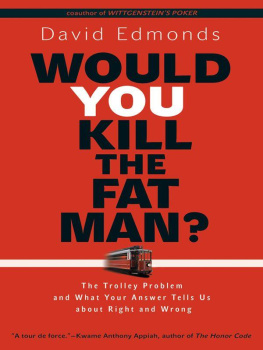
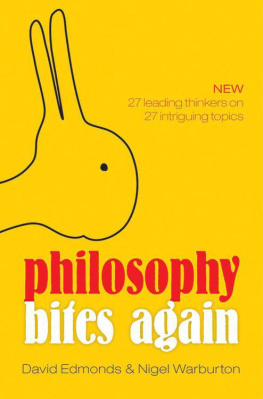
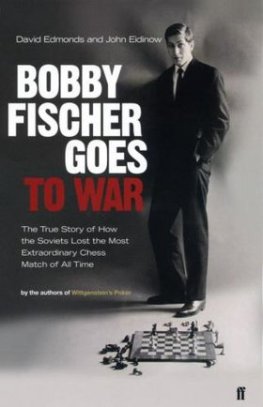
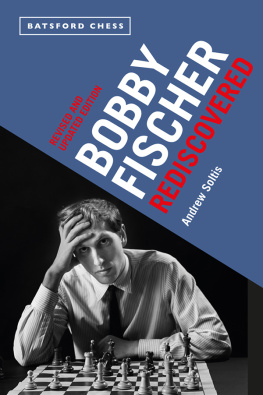

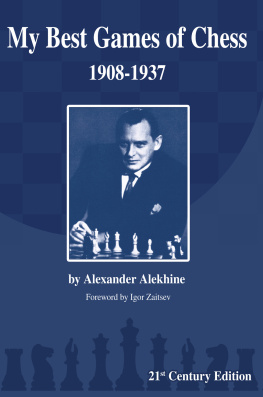
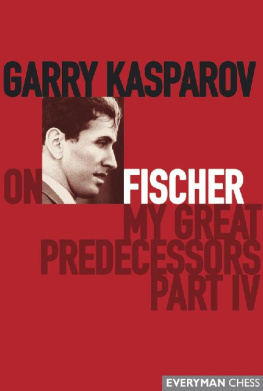
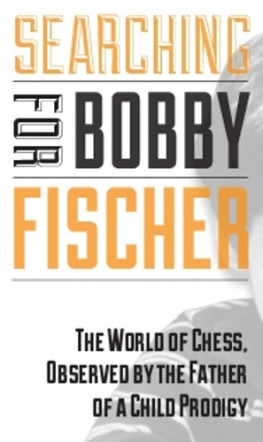
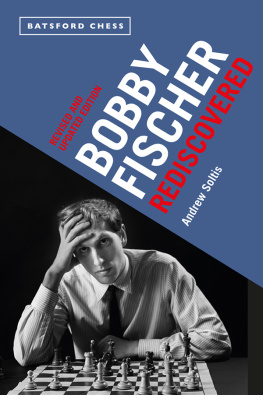
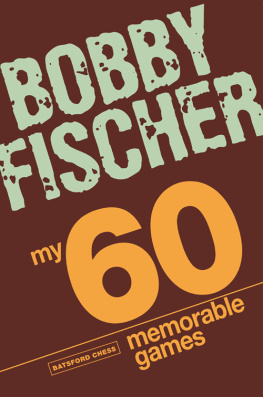
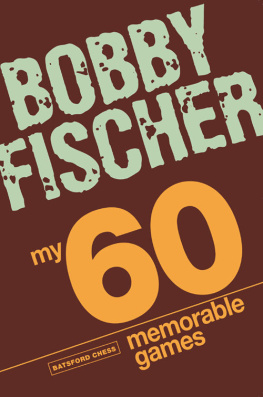
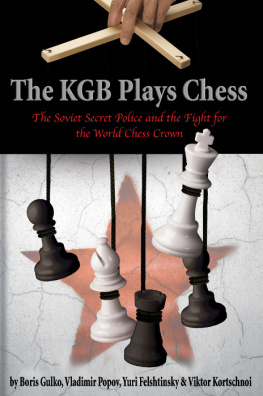

 It is five oclock in the evening of Tuesday, 11 July 1972. The seats filling the arena of the sports hall, the Laugardalsholl, in Reykjaviks featureless leisure complex are sold out. On the platform, the world chess champion, thirty-five-year-old Boris Vasilievich Spassky, sits alone at the chessboard. He is playing white. Precisely on the hour, the German chief arbiter, Lothar Schmid, starts the clock. Spassky picks up his queens pawn and moves it forward two squares. The Soviet Unions king of chess has begun the defense of the title that has been his since 1969, and his countrys without interruption since World War II. He glances up at the other side of the board. The expensive, low-slung, black leather, swivel chair, specially provided for his opponent, is empty.
It is five oclock in the evening of Tuesday, 11 July 1972. The seats filling the arena of the sports hall, the Laugardalsholl, in Reykjaviks featureless leisure complex are sold out. On the platform, the world chess champion, thirty-five-year-old Boris Vasilievich Spassky, sits alone at the chessboard. He is playing white. Precisely on the hour, the German chief arbiter, Lothar Schmid, starts the clock. Spassky picks up his queens pawn and moves it forward two squares. The Soviet Unions king of chess has begun the defense of the title that has been his since 1969, and his countrys without interruption since World War II. He glances up at the other side of the board. The expensive, low-slung, black leather, swivel chair, specially provided for his opponent, is empty.